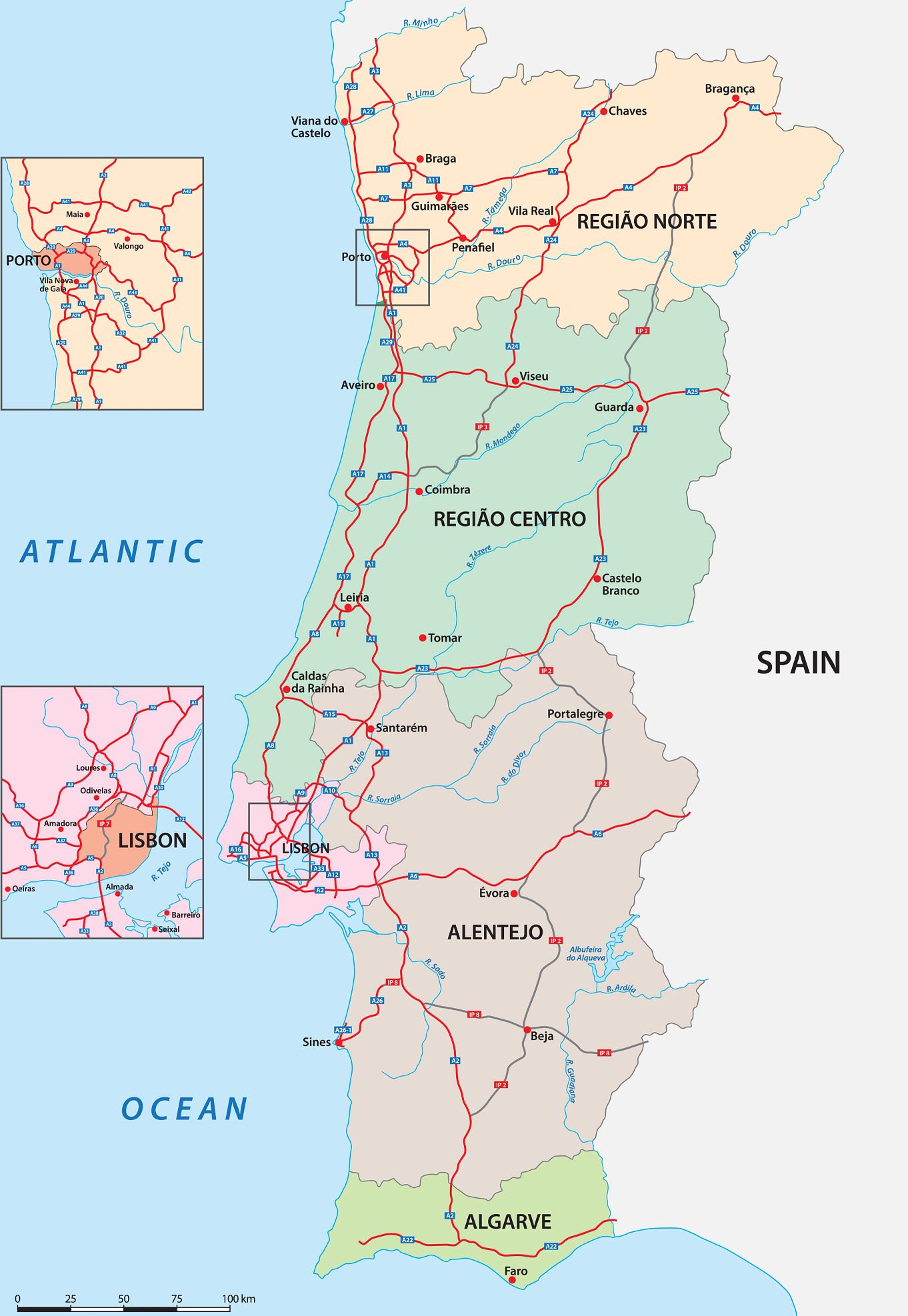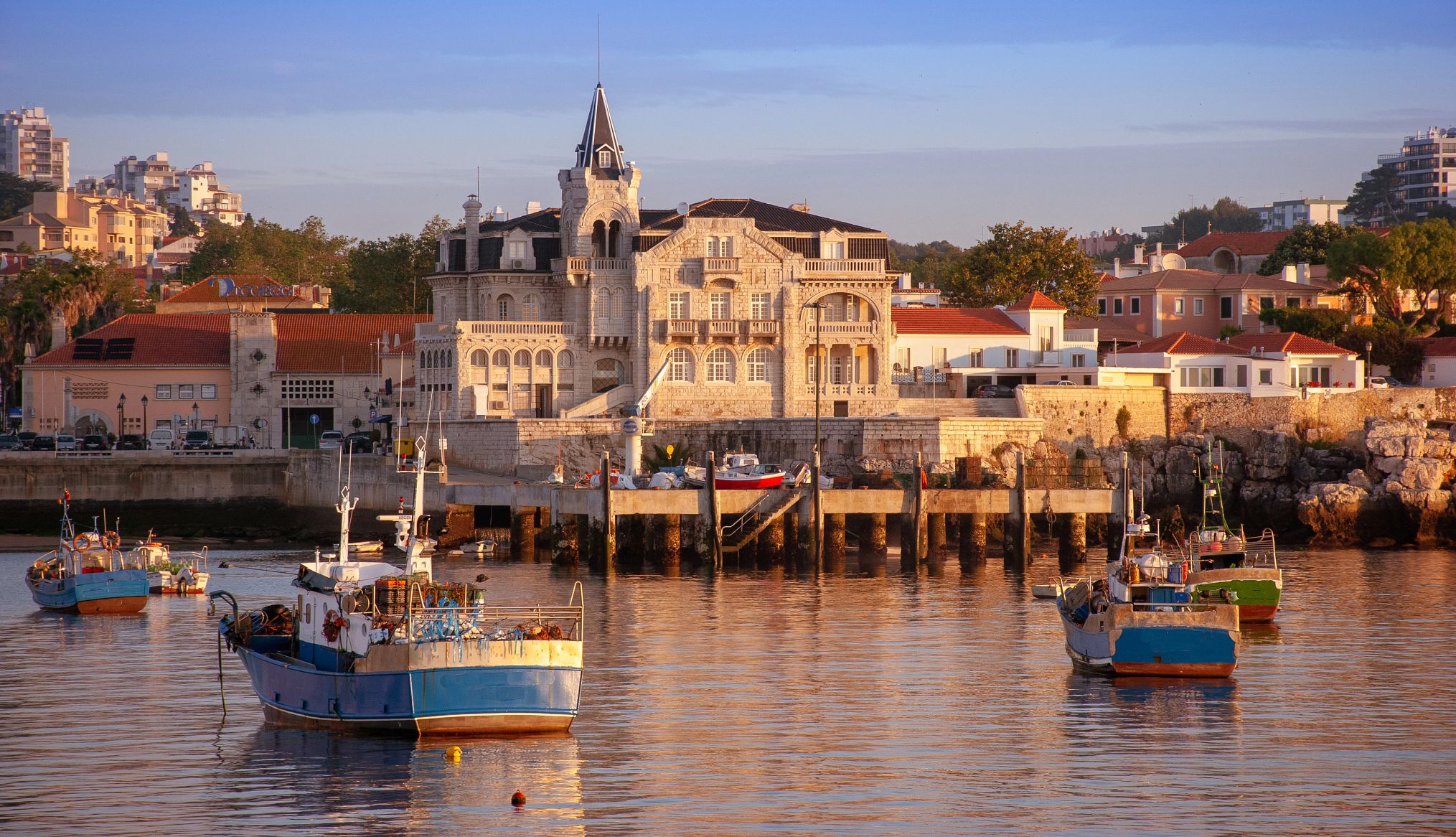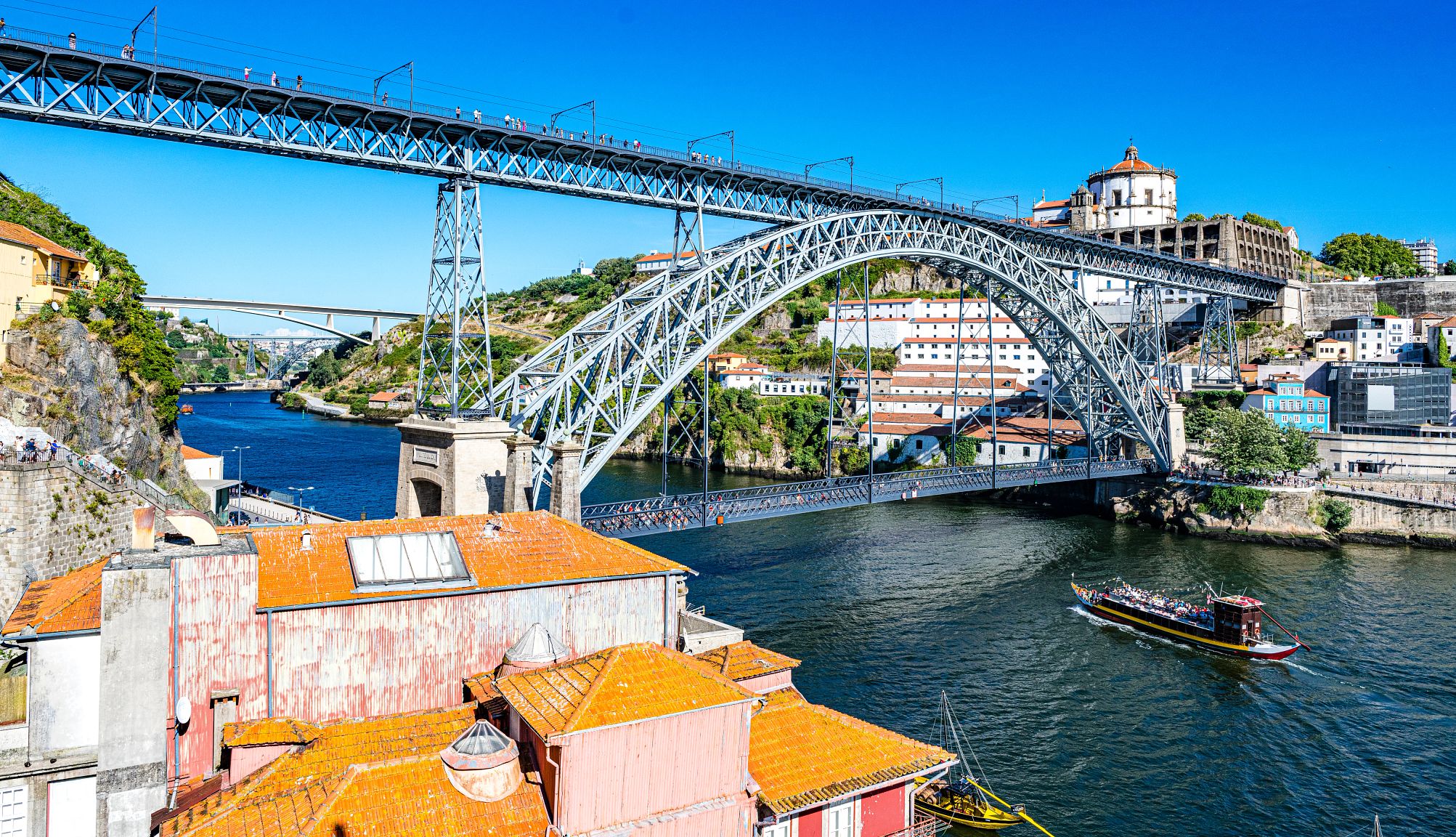AARP Hearing Center
When I was 30, I moved to South Africa in search of adventure and the chance to pursue my dream of becoming a foreign correspondent. I had never been to South Africa before, and everything I knew about the country came from a travel book. Undaunted, I bought a plane ticket, packed two suitcases and struck out to make a new life for myself.
Nearly 30 years later, I’m again planning a move to a new country — Portugal — but this time I decided to visit before making the move. I’m not the first person to think about relocating to Portugal. Over the past few years, Portugal has ranked among the most popular retirement destinations on numerous lists, and it currently holds the number 2 spot on International Living’s annual Global Retirement Index survey (the top spot went to Costa Rica). Nearly 10,000 American citizens were living in Portugal in 2022, according to the Portuguese government.
It’s not surprising, given Portugal’s year-round sunshine and mild winters, affordable health care (the public health care system is free to residents) and position as one of the safest countries in the world — number 7 on the Global Peace Index — and a Level 1 travel advisory from the U.S. State Department.
The accessibility of visas and relatively low cost of living are also part of the draw.
Jennifer Stevens, the executive editor of International Living magazine, says a couple can live in Portugal on $2,500 to $3,000 a month, with larger cities such as Lisbon and the Algarve region being at the higher end of the scale. “So, you’re able to eat out and spend not very much money doing it,” she says.
Jen Wittman, 49, an American who moved with her family to Portugal — sight unseen — in 2021, notes big swings in pricing depending on where you go. “The interior and the smaller towns are much more affordable than, say, Lisbon or the Algarve or Porto,” she says.
The country’s popularity with retirees notwithstanding, Portugal can be challenging for people with mobility issues. Cobblestone streets and slippery mosaic sidewalks — which are found throughout the country — can make it hard to get around, and the country isn’t universally accessible. Larger cities and hotels are more likely to be accessible with ramps and elevators.


Plan a Portugal vacation
When planning a trip to get a feel for living in Portugal, it’s good to start by identifying the lifestyle you want. Do you want to live in a small village or a city (and does it need to be a walking city)? Near the beach or inland? Do you want to drive a car or use public transportation?
Whether you use planes, trains or automobiles, pick a starting point and get moving. Terry Coles, 63, moved to Portugal with her husband in 2018 after living in numerous countries. She suggests flying to one end of the country, renting a car and driving to the other end, stopping in all of the little towns along the way.





































































